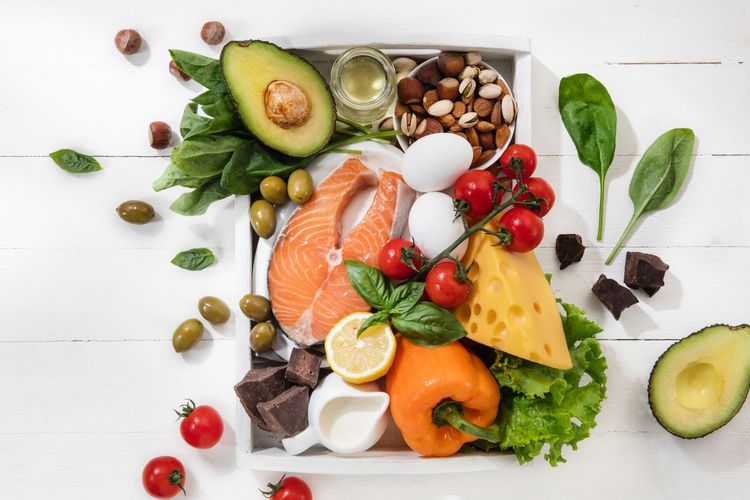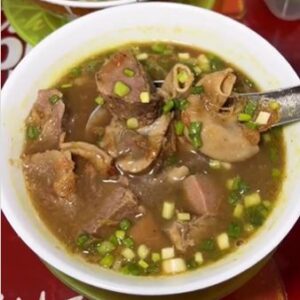Kompas.com – During Ramadan, eating patterns experience significant changes due to limited meal time (not eating from the dawn to dawn to sunset).
Therefore, choosing the right food is very important to maintain health and energy during fasting.
Here is a guide regarding foods that should be consumed and avoided during Ramadan.
Also read: Choice of Food and Beverage for Sahur During Ramadan Fasting
Foods that are recommended during Ramadan fasting
The following are foods that are recommended during Ramadan fasting:
- Water-rich foods-such as fresh fruits (watermelons, oranges, cucumbers), soups, and smoothies to help the body’s hydration.
- Complex carbohydrates – quinoa, bulgur, brown rice, and whole wheat bread that provide durable energy.
- Healthy protein-lean meat, fish, chicken, eggs, and vegetable sources such as lentils, nuts, and tofu.
- High fiber-Green vegetables, nuts, oatmeal, and seeds to help digestion remain smooth.
- Healthy fat-avocados, olive oil, nuts, and seeds for additional energy.
Also read: 6 Cooking Mistakes During Ramadan, Making Too much Food
Foods that should be avoided during fasting ramadan
Conversely, the following are foods that should be avoided during Ramadan fasting:
- Foods High Sugar – Sweet cakes, soft drinks, and candy can cause a spike in blood sugar that is quickly followed by a decrease in energy.
- Fried foods – fried foods and other oily foods can cause indigestion and weight gain.
- Salty food – Foods high salt can cause dehydration and increase thirst throughout the day.
- Excessive caffeine – Coffee and tea in large quantities can cause dehydration due to the diuretic effect.
- Processed and fast food – contain additional ingredients that can inhibit digestion and cause a weakness.
 Many foods do not cause a surge of blood sugar levels because it contains fiber, protein, and healthy fats, such as vegetables, eggs, and avocados.
Many foods do not cause a surge of blood sugar levels because it contains fiber, protein, and healthy fats, such as vegetables, eggs, and avocados.Tips for healthy eating patterns during Ramadan:
In addition to choosing food, also apply this healthy diet during Ramadan fasting:
- Optimal Hydration – Drink enough water between open and dawn to prevent dehydration.
- Eat gradually when opening – breaking the fast starts with dates and water, then continue with nutritious food.
- Choose a healthy cooking method – steaming, baking, or boiling better than frying.
- Pay attention to food portions – Avoid overeating to reduce the risk of digestive disorders.
- Expand vegetables and fruits – Helps provide fiber and vitamins that the body needs.
By choosing the right food, fasting can be lived healthier and more comfortable, and helps maintain energy throughout the day.
Listen Breaking News And Choice News We are directly on your cellphone. Choose your mainstay channel access to Kompas.com WhatsApp Channel: https://www.whatsapp.com/channel/0029vafpbedbpzjzrk13Ho3d. Make sure you have installed the WhatsApp application.






